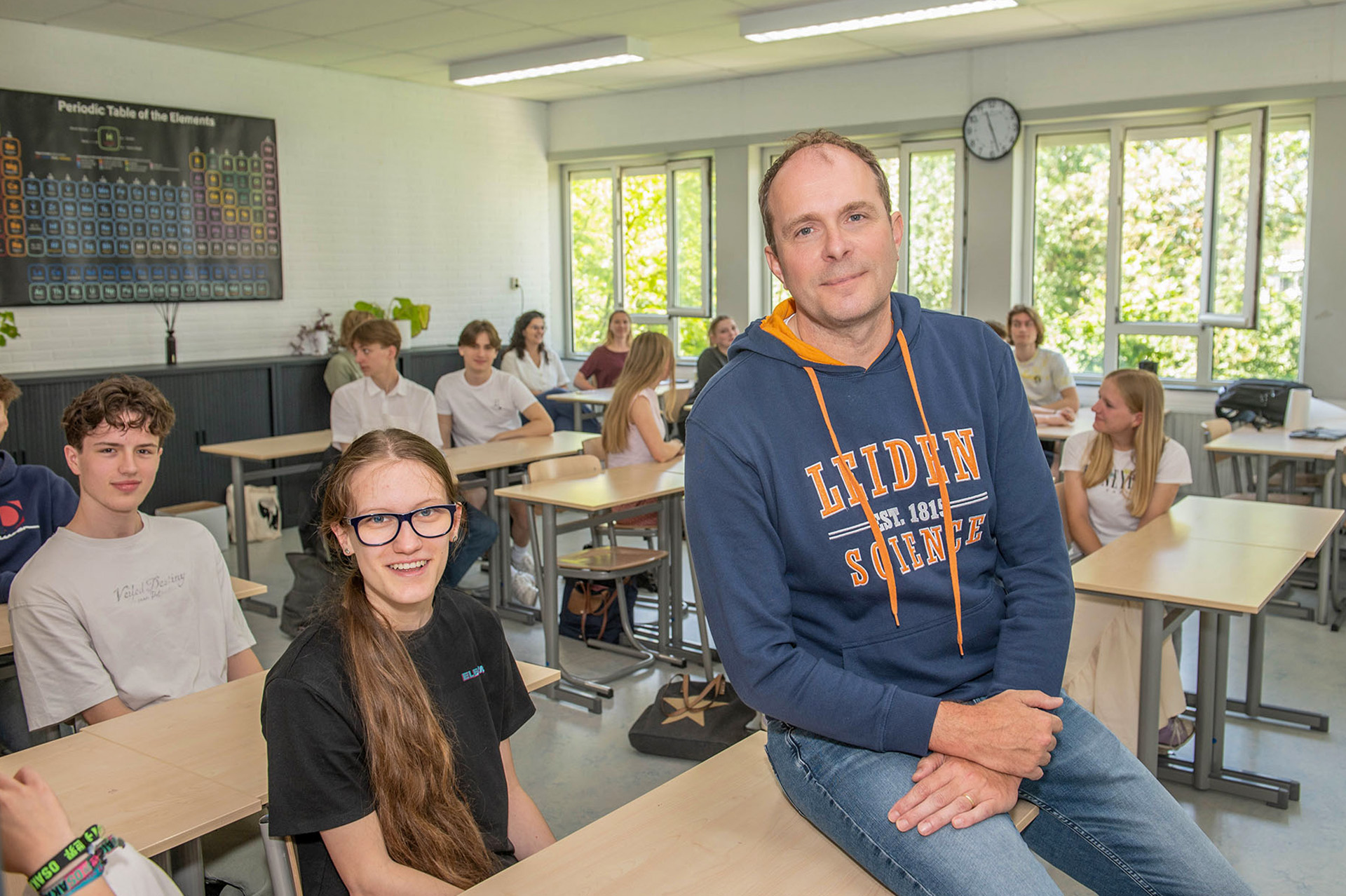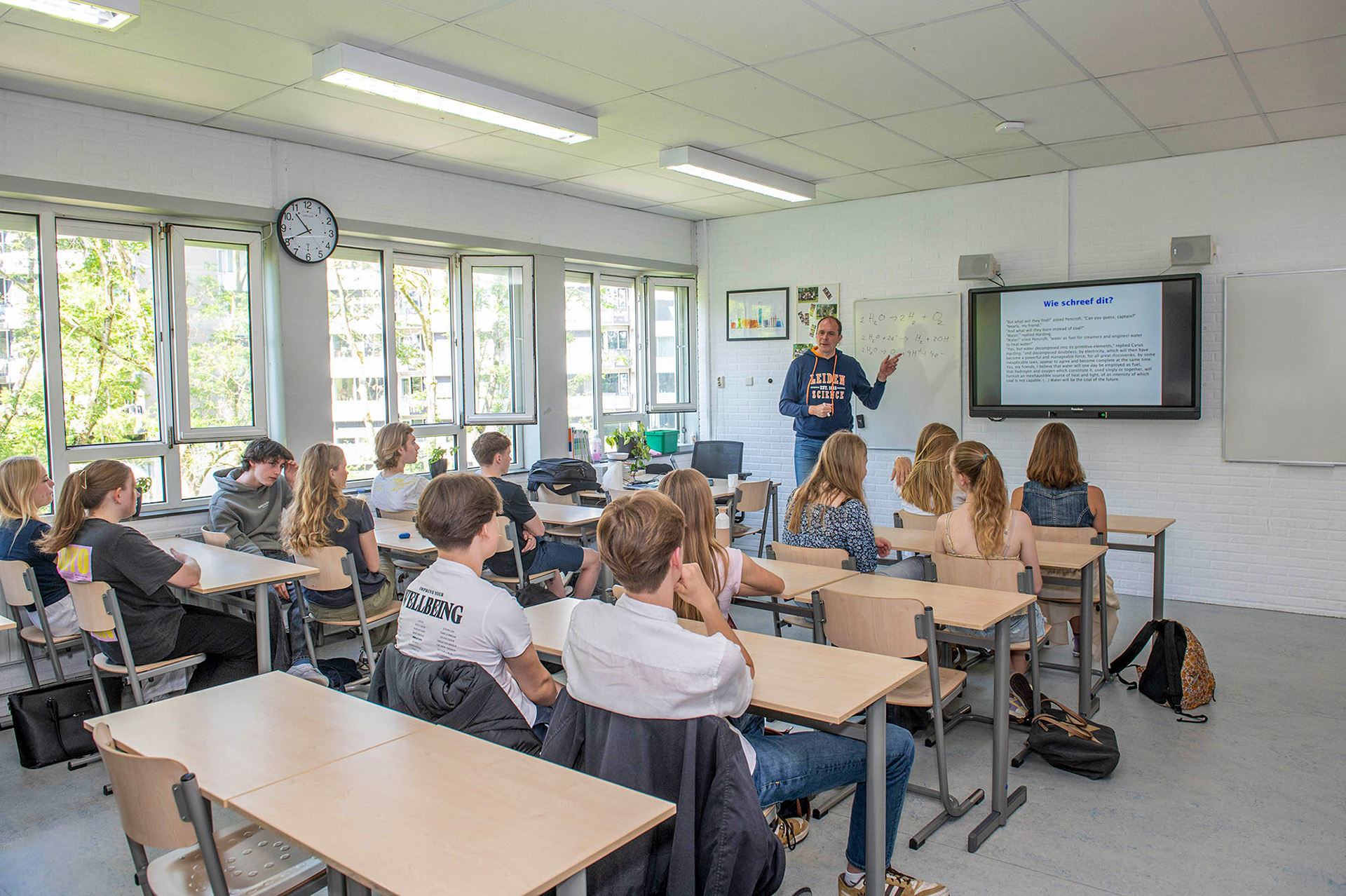Leiden Science for society
Research truly comes to life when it contributes meaningfully to society. By sharing our findings, advising policymakers or contributing to community projects – we can make a real impact. Scroll down and discover how Science and society can mutually benefit from each other.
Tic tac toe, but with quantum effects
Making the principles of quantum technology fun? Say no more, thought physicist Evert van Nieuwenburg. He founded a new start-up called QuantumPlayed. ‘We’re making a teaching package based on Games make it fun! Quantum is such unknown territory for many people, so this is a good way to take away any fear and reluctance.’

Give it a try!
Van Nieuwenburg previously developed a quantum version of Tic-Tac-Toe. Put a cross on two squares at the same time (superposition) or link two squares together (entanglement).
Play quantum Tic-Tac-ToeStunning James Webb images show birth and death of massive stars
The James Webb Space Telescope continues to surprise us with stunning pictures, but of what exactly? Astronomer Nienke van der Marel explains with three images how massive stars lead short but explosive lives.

‘This star-forming region is a few million years old’, says Van der Marel. ‘The stars are still growing and planets are forming around them. A major part of my research focuses on this region.’ Credits: Fien Leeflang | NASA, ESA, CSA, STScI, Webb ERO Production Team
Professor in the classroom: ‘Our challenge is to supply the growing world population with sustainable energy’
Chemistry has a crucial role in the current energy transition. In a guest class the Laurens Lyceum in Rotterdam, professor Marc Koper spoke about it with year 5 VWO. Wearing a blue ‘We are Science’ hoodie, Koper engaged the students in an inspiring discussion on chemistry and sustainable energy. ‘We only have one planet, and the big challenge for our times is to supply the growing world population with sustainable energy.’
Policy change: atlas about pesticides ensures better control over harmful substances
Starting in 2025, the Dutch College for the Authorisation of Plant Protection Products and Biocides (Ctgb) will be able to ban harmful pesticides earlier. The Pesticides Atlas (Bestrijdingsmiddelenatlas), developed by Leiden researchers, contributes to this effort.
The Ctgb will recheck substances that exceed the approval limits for three consecutive years. These substances can be found in the list of ‘Top Exceeding Substances’ in the Pesticides Atlas. Professor Martina Vijver: ‘a positive first step, but I hope that in the near future, the Ctgb will also examine substances and mixtures that are difficult to assess.’

Inspiring young girls to reach for the stars
How do you get girls excited about science and technology? PhD candidate Karen van den Akker tackled this challenge by writing the picture book Met mama naar Mars (Taking mom to Mars). ‘There isn’t much that introduces them to technology at a young age,’ she explains. The story follows Luna, a girl who dreams of travelling to Mars. When her rocket won’t work, she decides to investigate rather than give up. A great trait for a researcher in the making…


Defending your PhD research in front of nearly 300 elementary school students
How do you explain a hydrogen engine or plastic-eating bacteria to young children? PhD candidates Jo-Anne Verschoor and Marinka de Willigen took on this challenge in the VUURVLIEGEN competition by the Centrum JongerenCommunicatie Chemie (C3). The children ultimately decided the winner. Verschoor: ‘It’s a fine line whether the messages gets across or not. If you make it too simple, you lose them. But if it’s too complicated, they tune out as well.’
- Focus on why something is important: what’s the goal of your research? Why do you do what you do?
- Pay attention to your language: terms you use daily might be completely unknown to others.
- Make it visual: use plenty of visuals, like photos of your setup or a video of what you see through the microscope.
Caught on camera: the many wonders of physics
Salt crystals, a nano-sizes golf stick and molten glass. The LION Image Award competition yielded a lot of beautiful images once again.
It was Dimitris Krommydas who won. ‘This picture combines my intuition for gravity, electromagnetism and soft living matter, a trifecta of fun. I am happy others find this picture beautiful as well. Math might just be universal after all!’
-
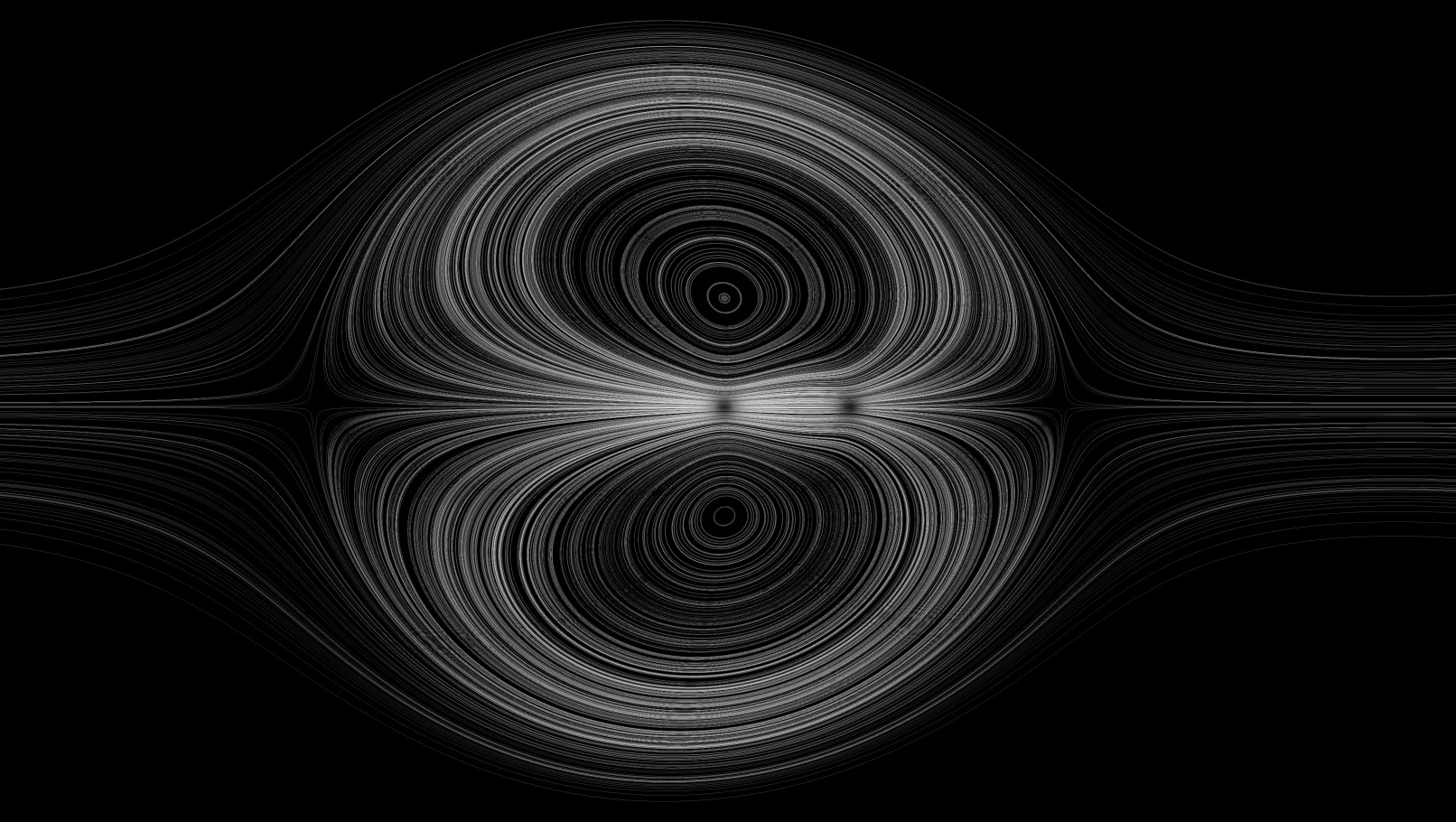
The winning image by Dimitris Krommydas, in collaboration with Livio Nicola Carenza and Luca Giomi. -

Anna Bakker - Slurp -

Peter Bosch & Paula Pertegaz - Contaminated STM tip -

Liru Feng (Jawerth Group) - Spiral fus fibers -

Jeger Broxterman - The FLAMINGO Universe -
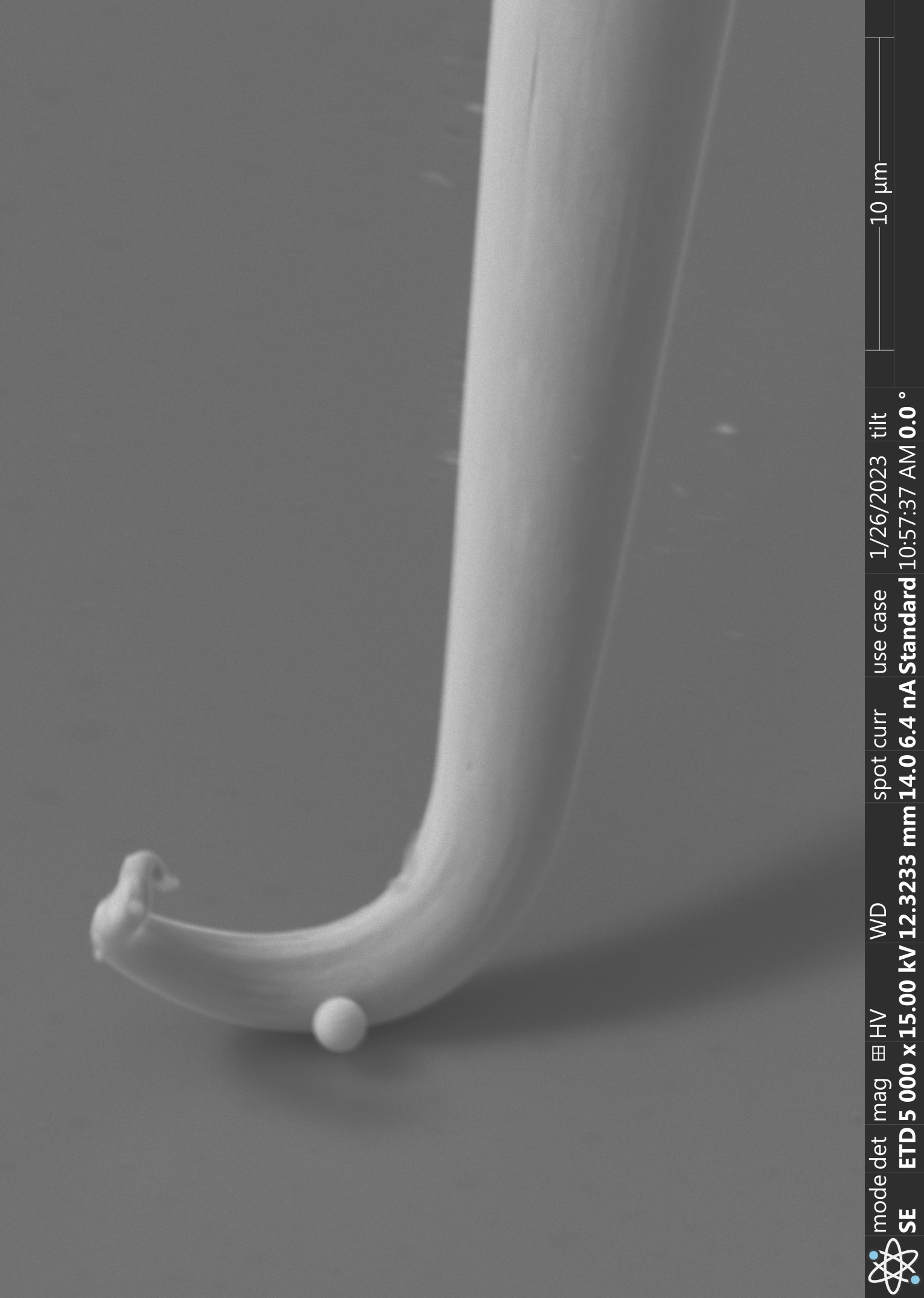
Hansen group - Nano golf -

Konstantinos Andreadis - Tumoroid grown in-silico -
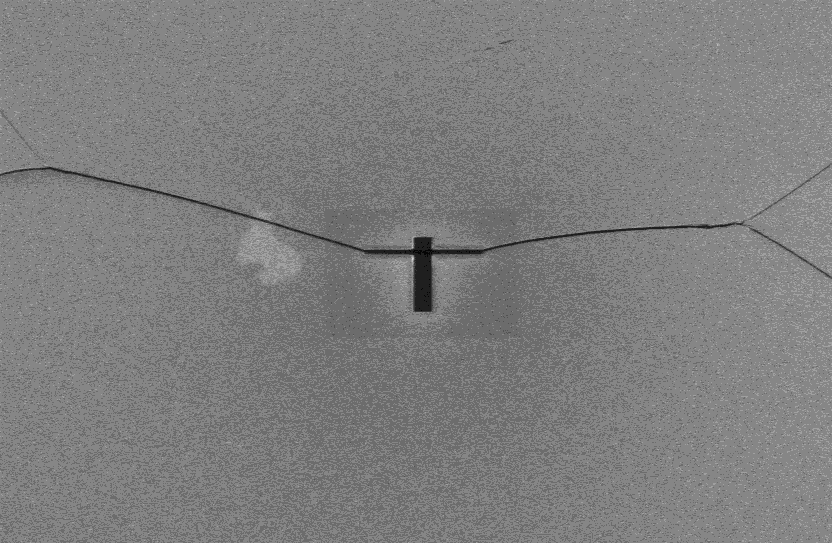
Jay te Beest - Dive crossover -

Rachel Doherty, Mirte Douwes and Jonas Elschner - Multi-scale winter wonders -

Julio Melio - Colorful squares -

Oosterkamp group - NV sample holder -

Felix Smits (TECH team) - TECH reactor chamber -

Guido Stam - Birth by lightning -

Luc Wigbout - Clogged -
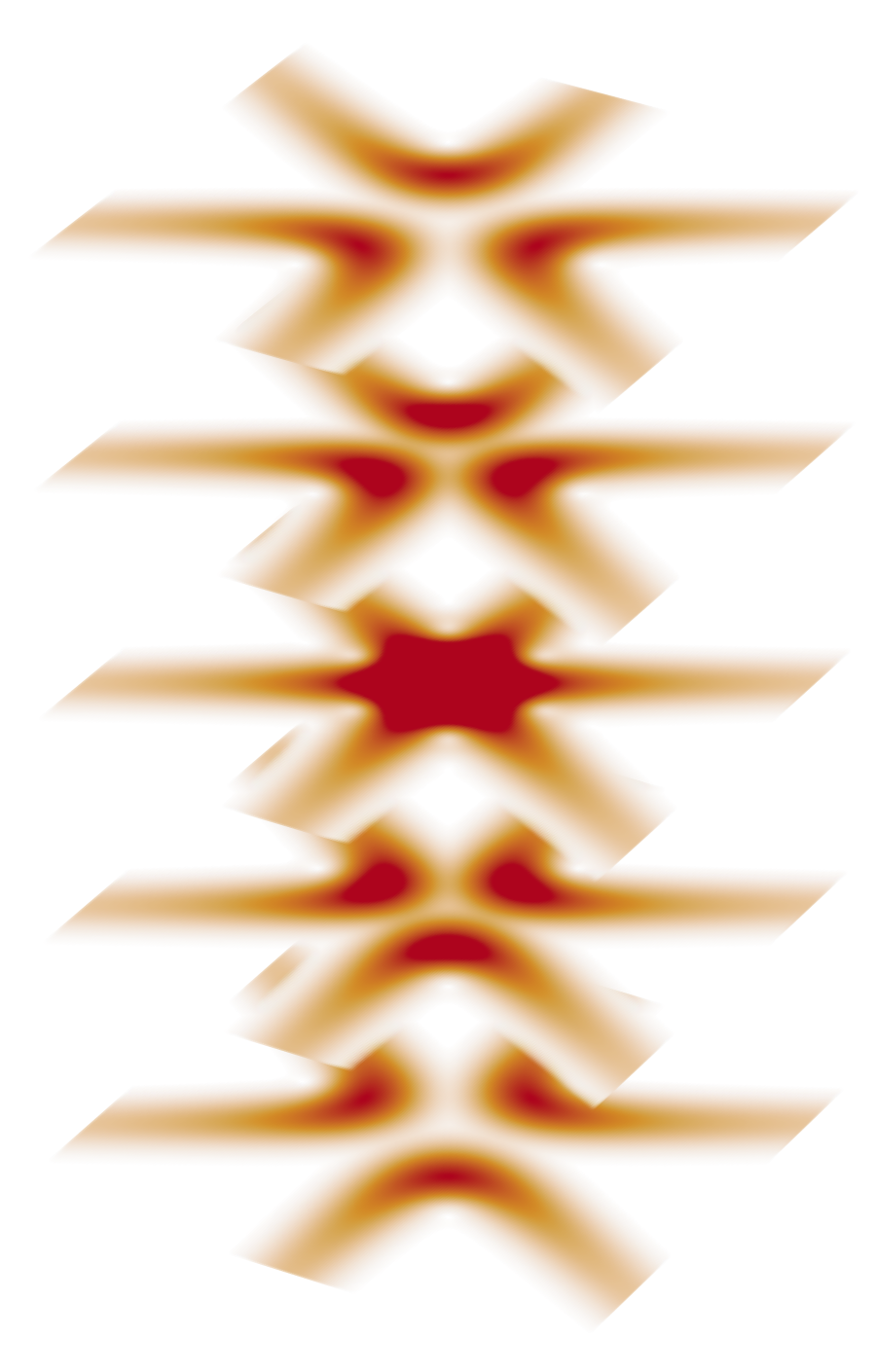
Vladimir Zakharov - Climbing into the Monkey saddle -

Sander Kammeraat - Finger formation during epithelial cell sheet healing
New white paper: protecting ecosystems as strategy against global warming
‘Without inefficient animal agriculture our province could have many more parks and nature reserves. The air and water would be much cleaner.’
Can society thrive with new farming styles? Environmental scientist Paul Behrens believes so. In the new white paper Connect Climate and Biodiversity for Society, Economy, and Nature (in Dutch) from Leiden-Delft-Erasmus Magazine, he discusses how plant-based diets and sustainable farming could reshape our environment, health and resilience to climate change.



